Why working out is so good for your body and mind
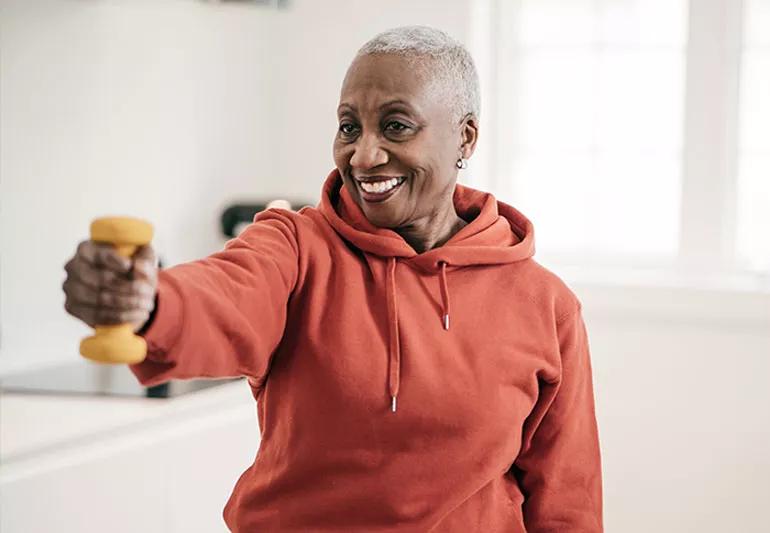
In theory, most of us know that exercise is good for us. We know that it can help us lose weight or maintain our current weight. But if you’ve ever struggled with the motivation to workout (*raises hand*), then you might need a reminder that although weight loss is great, it’s not the only reason to exercise.
Cleveland Clinic is a non-profit academic medical center. Advertising on our site helps support our mission. We do not endorse non-Cleveland Clinic products or services. Policy
Plus, in today’s crazy world, we could all use a little inspiration to make our health a priority!
Matthew Kampert, DO, shares the benefits of exercise that go beyond losing weight. Keep a few of these in your back pocket, so the next time you’re thinking about ditching your workout, you’ll have all the more reason to do it.
So what are the benefits of regular exercise? Not only can it give you more energy, but it can also improve your mood, help you sleep better and live longer (just to name a few). Here are some reasons why exercise is so important.
Who doesn’t love the rush of endorphins after a brisk walk or spin class?
Endorphins are hormones that reduce pain and boost pleasure, creating a general feeling of well-being and positivity. So before you roll your eyes at your enthusiastic fitness instructor, consider how a steady state of endorphins does the body good.
Endorphins also act as a natural painkiller and can help ease long-term aches. Regular exercise can strengthen muscles, lessening chronic pain and your risk of injury.
Physical activity increases your heart rate and gets your blood flowing. More oxygen and nutrients to your muscles mean higher energy levels. And although it seems odd that expending energy can actually give you more energy, science backs this claim up.
One study found that 90% of people who completed a regular exercise program reported improved fatigue compared to those who did not exercise. Next time you’re considering an extra cup of coffee to perk you up, try a walk instead.
Exercise can reduce stress and anxiety levels, leaving you feeling more relaxed and stabilized, which is a perfect zone for sleep.
And while working out can also raise your body temperature and make you feel more alert throughout the day, it can also help you drift off better when your internal temperature starts to dip back down.
If you exercise outside, exposure to vitamin D can also regulate your wake-sleep cycle. Just tread carefully with when you work out and how close it is to bedtime.
Research shows that for mild or moderate cases of depression, exercise can be an effective treatment.
Exercising increases your brain’s sensitivity to serotonin and norepinephrine, which ease feelings of depression.
But don’t think you need to start training for a marathon to gain the benefits.
One study showed that just six weeks of yoga (in addition to standard treatment) was enough to reduce depression and even anxiety. Yoga and Pilates also focus on breathing exercises, which can reduce stress and promote relaxation.
As we get older, we lose muscle mass and function. But exercising regularly may reduce muscle loss and maintain strength. As we exercise, our bodies release hormones that help muscles absorb amino acids and boost muscle growth.
And according to a study, exercising while we’re young helps build bone density, which can help prevent osteoporosis as we age.
Exercising regularly can help ward off chronic diseases like Type 2 diabetes and heart disease. It can also help if you have high blood pressure and high cholesterol.
Just think about how a lack of exercise can impact your health. It can cause significant belly fat (which we know is tough to lose) and has been linked to high cholesterol, inflammation, heart disease, stroke and diabetes.
If you have chronic low back pain, fibromyalgia or other conditions that cause chronic pain, exercising has been shown to help reduce pain.
Research shows that exercise can reduce the severity of pain, as well as improve physical function.
Exercise is beneficial for maintaining brain health for everyone, but even more for those who are at risk for developing dementia and Alzheimer’s disease.
Movement promotes cardiovascular health, improves blood flow to the brain and reduces inflammation. It also stimulates the production of hormones that enhance the growth of brain cells.
A study suggests that in older adults, exercise can also impact the hippocampus. This part of the brain is important for memory and learning. Exercising can help it grow, which may improve mental function.
With the sweat that comes from working out, you may not think that exercise can have a positive impact on your skin. But regular moderate exercise may increase antioxidants in your body.
Those antioxidants help protect cells from oxidative stress and free radicals, which can damage your skin.
Exercising also increases blood flow that can help with anti-aging effects.
Isaac Newton was on to something when he said, “Objects in motion stay in motion.” With the pump of endorphins, rush of positivity and increased energy, it’s no wonder many people claim they feel more productive on days when they exercise.
Dr. Kampert says that even those who are going through depression seem to fair better when they exercise, even if it’s just a little bit.
“It might be because of the movement or it might be because the person actually got up, left the house and did something,” Dr. Kampert says.
Still, the feeling of accomplishment after a workout is always exciting and motivating. Plus, exercise can make you feel less groggy and irritable, paving the way for a more productive day.
Exercise can lead to a stronger heart, muscles and improved flexibility, which can be beneficial when it comes to your sex life.
Research also shows that in postmenopausal women who exercised, their sexual desire increased, while exercise significantly improved erectile function in men.
If you’re at your ideal weight, exercising can help in a variety of ways. In addition to using excess calories that would be stored as fat, working out helps maintain muscle mass and repair muscles.
It also reduces stress and can help you sleep — all of which lead to good choices when it comes to eating.
Healthcare providers recommend regular exercise to improve or prevent conditions like diabetes, heart disease, some forms of cancer and obesity.
But it also keeps your bones, muscles and joints healthy, lowers your cholesterol and blood pressure, and protects your mental health. All of these amazing benefits can add up to one thing — living longer (plus feeling good).
The current guideline for physical activity for adults is a minimum of 30 minutes of moderate-intensity exercise five days a week. But we all know that exercise and making it to the gym is easier said than done.
You can get exercise from the following activities:
Use these tips to help incorporate exercise into your life:
“If we could bottle up exercise, it’d be the best-selling pill in the world,” says Dr. Kampert.
So until then, it’s important that we put in effort to move our bodies. In the end, we’re the only ones who can make the decision for ourselves, but the benefits are long-lasting.
Learn more about our editorial process.
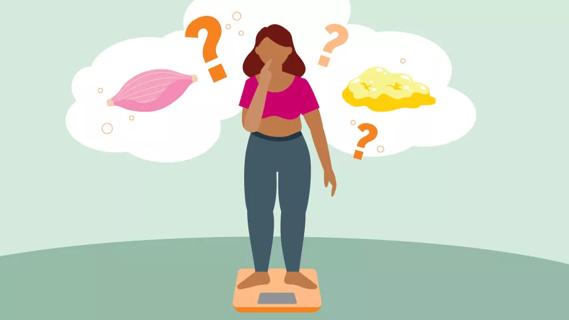
Both are needed for a healthy body
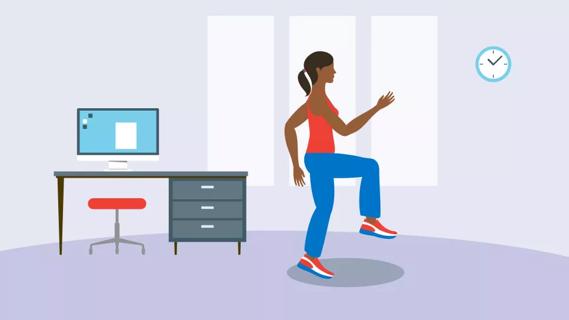
Counteract psoas muscle stiffness and soreness with stretches that lengthen and strengthen
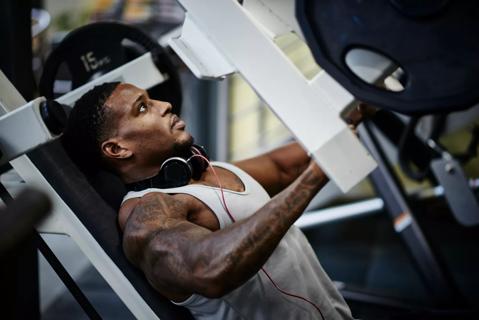
It may be OK, depending on your health, fitness level and type of exercise
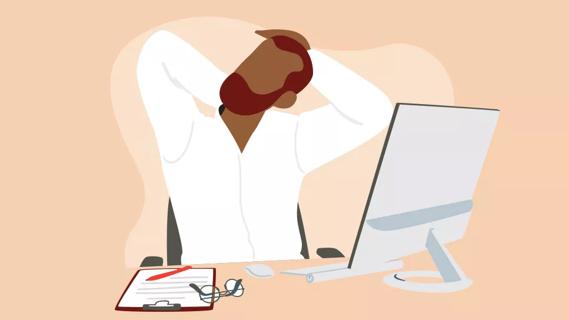
Simple exercises like wall angels and pelvic tilts can help keep your body in an optimal position — and help undo years of improper posture habits
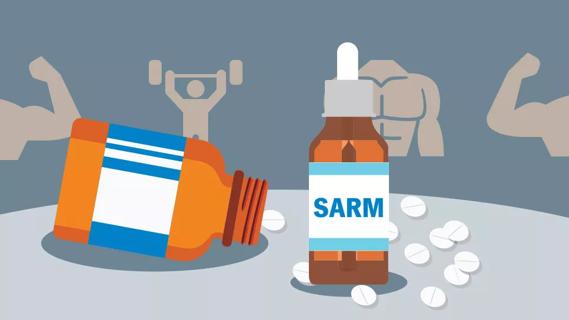
If you think SARMs are a safe way to build muscle — think again
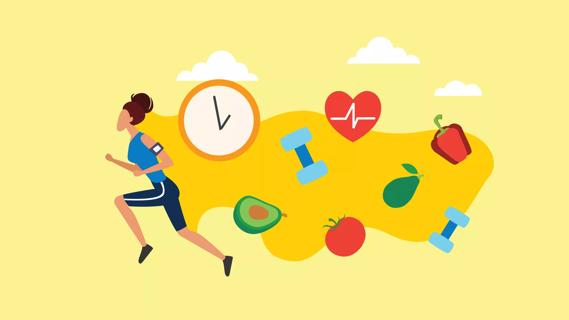
It’s best to exercise before or after your fast, instead of during it
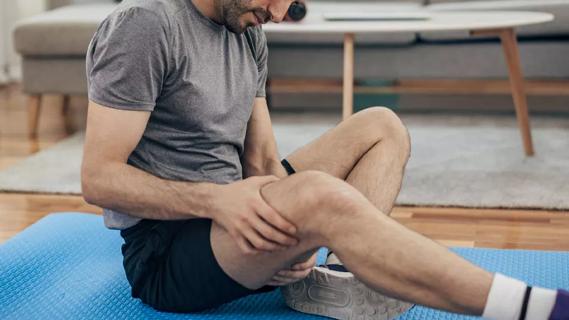
Stretching, heating pads and massage guns can provide quick relief

Your bone structure determines whether you have a visible dent between your hips and your thighs

Your metabolism may torch 1,300 to 2,000 calories daily with no activity

A gentle touch in all the right places may help drain your sinuses